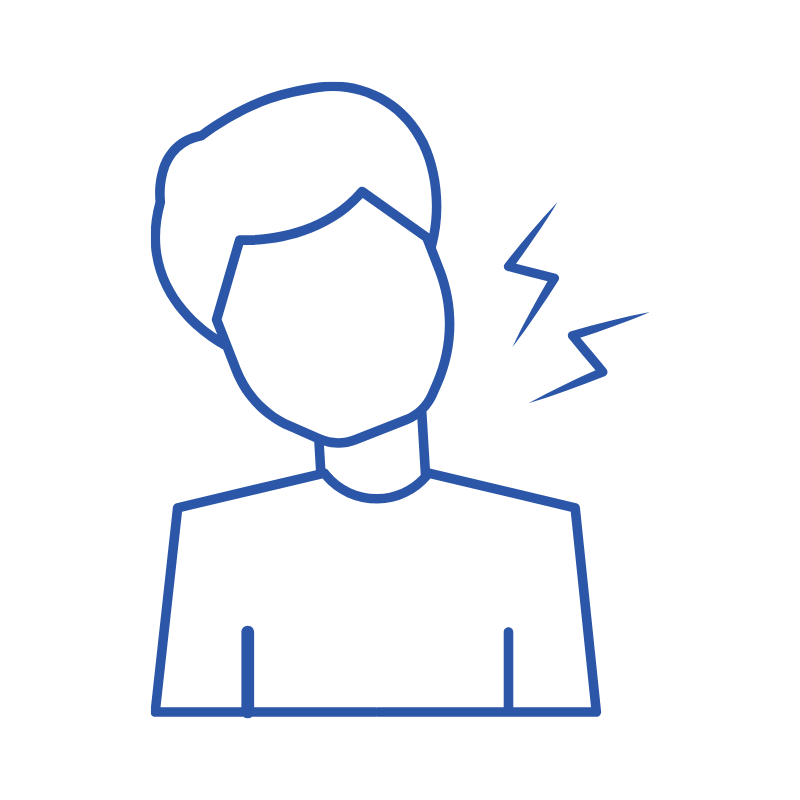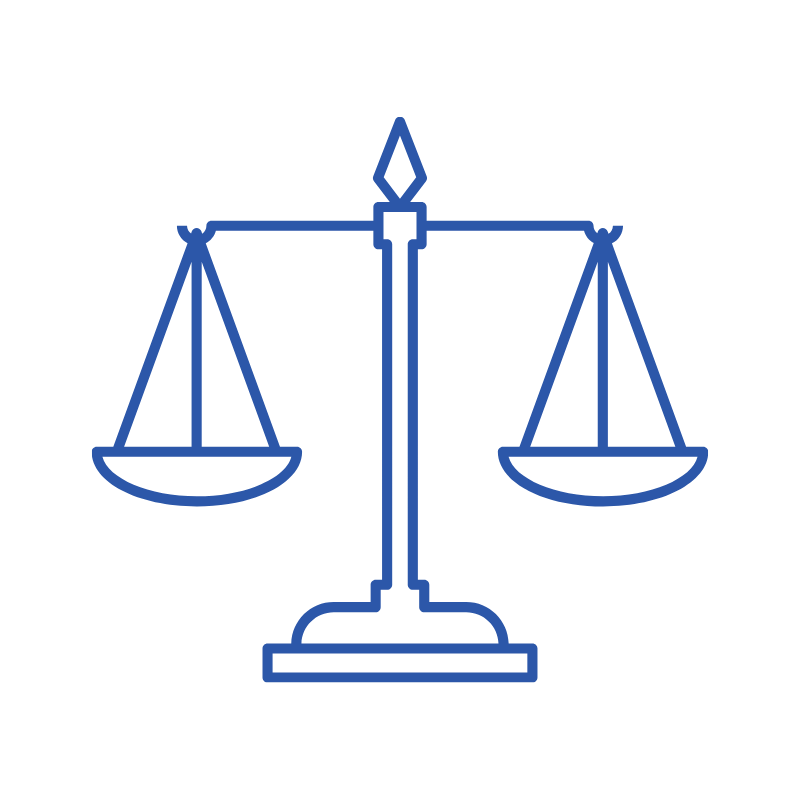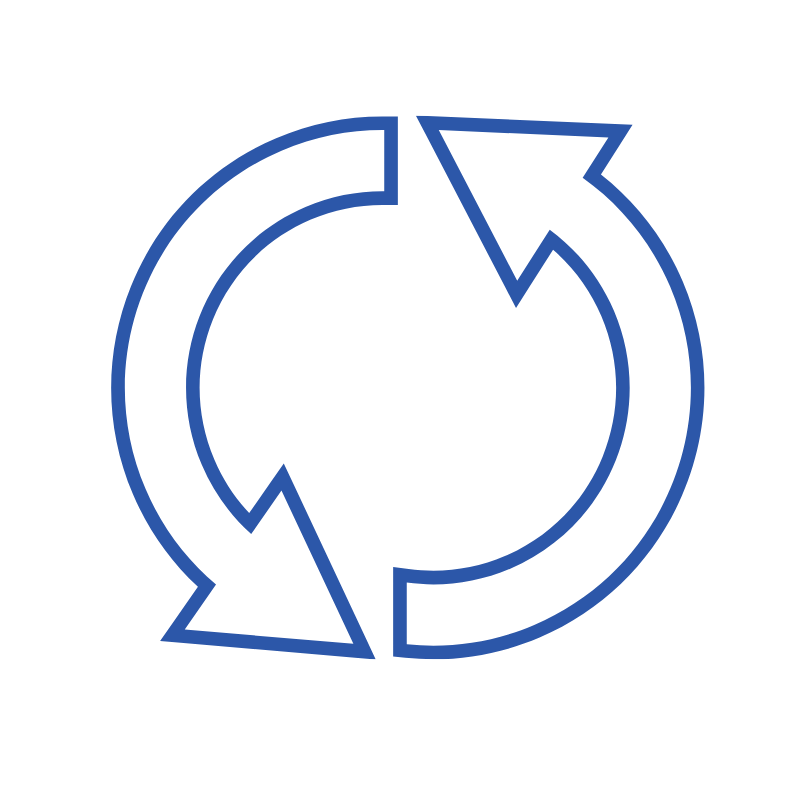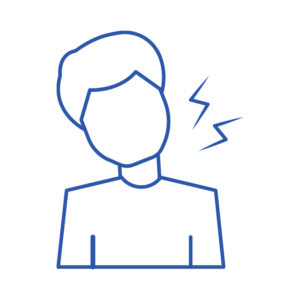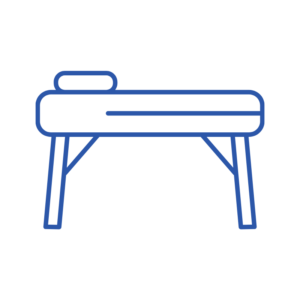Our highly trained physiotherapists are experienced in the treatment of Wry Neck, also known as torticollis. It can be both an acute and chronic condition, and without timely treatment, can cause debilitating pain and reduced functional mobility.
At Vitalis Physiotherapy, the treatment help you to:


